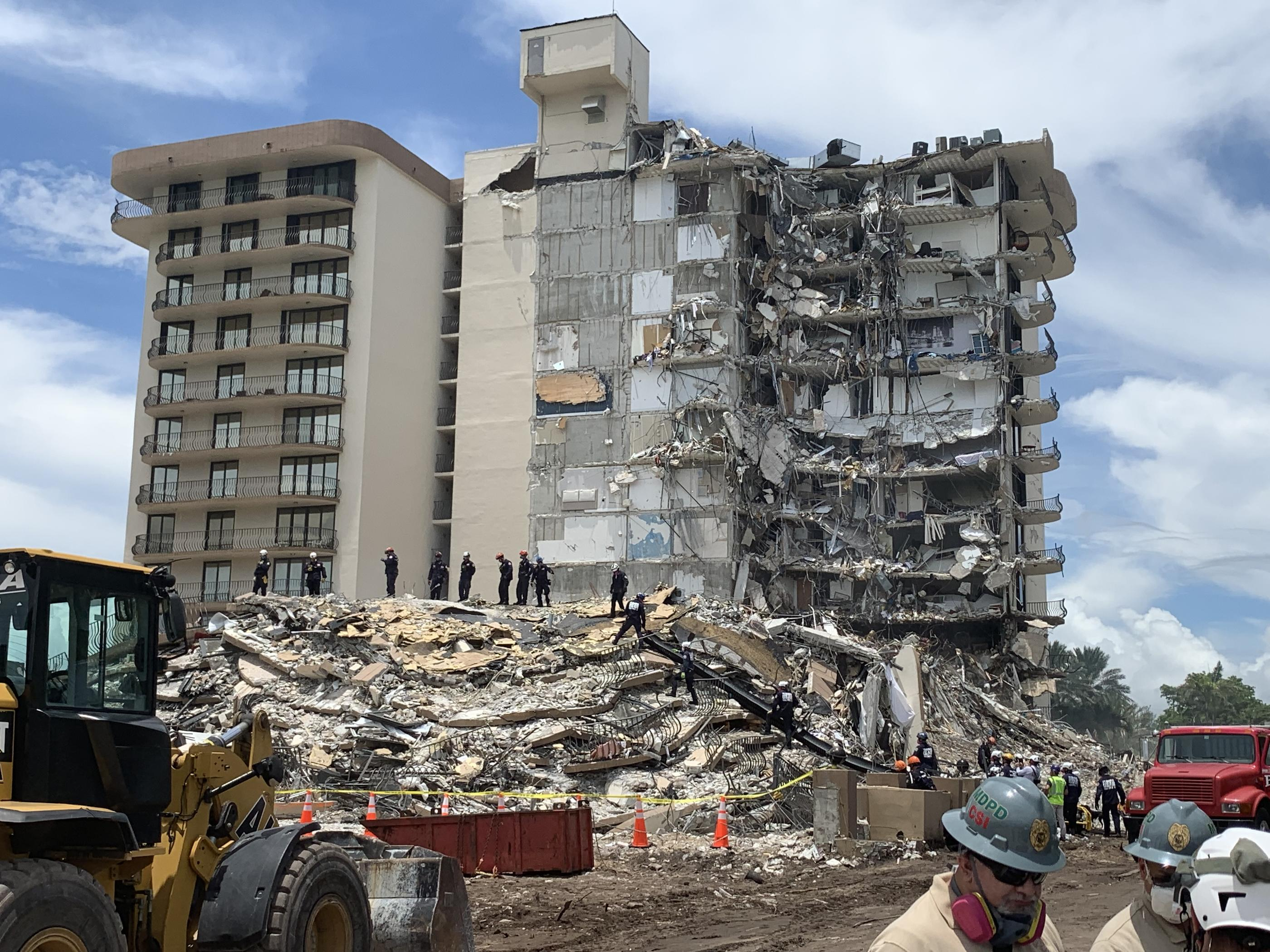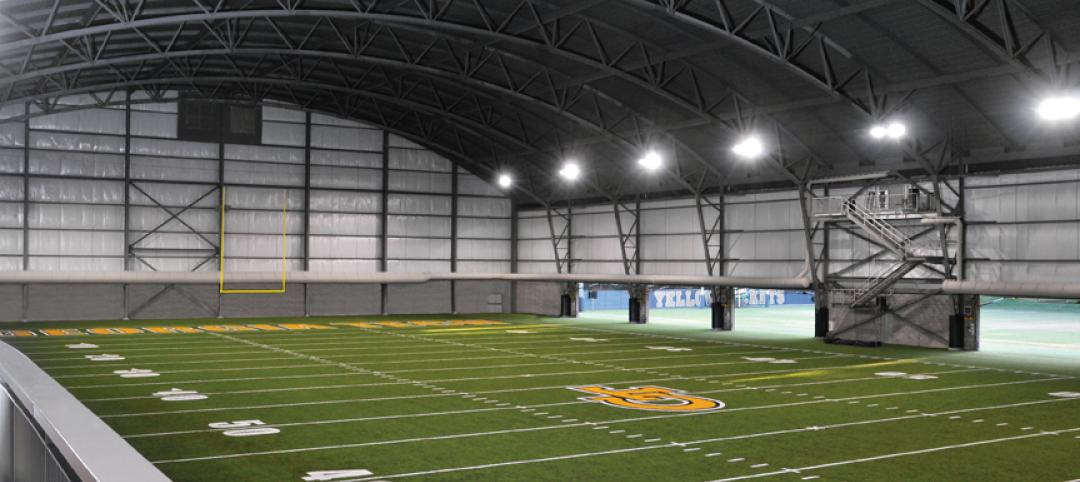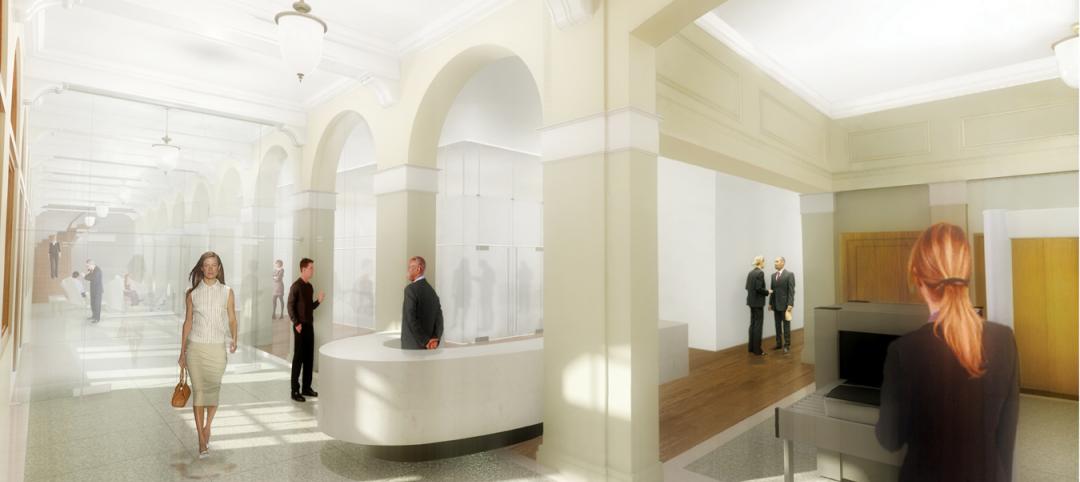Investigators from the National Institute of Standards and Technology (NIST) say they have found no evidence of underground voids on the site of the Champlain Towers South collapse, according to a new NIST report.
The team of investigators have studied the site’s subsurface conditions to determine if sinkholes or excessive settling of the pile foundations might have caused the collapse. They have found no such evidence to support that potential cause.
Preliminary evaluation of data indicates about one quarter of an inch or less of settling in the pile foundations supporting the pool deck structure and basement. This would have had minimal impact on the pool deck structure, NIST says.
“Understanding exactly what caused this collapse is taking meticulous investigation and the collection of copious amounts of evidence and information,” said Joannie Chin, director of NIST’s Engineering Laboratory. “Our team members are dedicated to unraveling the complexities of this tragic event, and their rigorous research and analysis will not only help us understand the likely technical cause of the collapse but will improve the safety of our communities.”
The team’s preliminary evaluation of physical and historical evidence found that the pool deck construction deviated from design requirements. Specifically, the number of slab reinforcing bars centered over vertical columns was inadequate, and the reinforcing bars in the top of the slab in the vicinity of the columns were spaced farther apart than the design required, according to investigators. These deviations weakened the slab-column connections, they said.
NIST expects technical work on the investigation to be substantially completed in late June 2024 and aims to release a report with findings and recommendations in late June 2025.
Related Stories
| Nov 14, 2011
Griffin Electric completes electrical work at Cary Arts Center
The Griffin Electric team was responsible for replacing the previous electrical service on-site with a 1000A, 480/277V service and providing electrical feeds for a new fire pump chiller, six air-handlers and two elevators.
| Nov 14, 2011
303 East 33rd Street building achieves LEED-NC
The 165,000 sf 12-story residential building is the first green development to be LEED certified in the Murray Hill neighborhood of Manhattan.
| Nov 14, 2011
VanSumeren appointed to Traco general manager
VanSumeren will draw on his more than 20 years of experience in manufacturing management and engineering to deliver operational and service excellence and drive profitable growth for Traco.
| Nov 11, 2011
By the Numbers
What do ‘46.9,’ ‘886.2,’ and ‘171,271’ mean to you? Check here for the answer.
| Nov 11, 2011
Streamline Design-build with BIM
How construction manager Barton Malow utilized BIM and design-build to deliver a quick turnaround for Georgia Tech’s new practice facility.
| Nov 11, 2011
AIA: Engineered Brick + Masonry for Commercial Buildings
Earn 1.0 AIA/CES learning units by studying this article and successfully completing the online exam.
| Nov 11, 2011
How Your Firm Can Win Federal + Military Projects
The civilian and military branches of the federal government are looking for innovative, smart-thinking AEC firms to design and construct their capital projects. Our sources give you the inside story.
| Nov 10, 2011
BD+C's 28th Annual Reconstruction Awards
A total of 13 projects recognized as part of BD+C's 28th Annual Reconstruction Awards.
| Nov 10, 2011
Grousbeck Center for Students & Technology opens doors
New Perkins School for the Blind Building is dedicated to innovation, interaction, and independence for students.


















